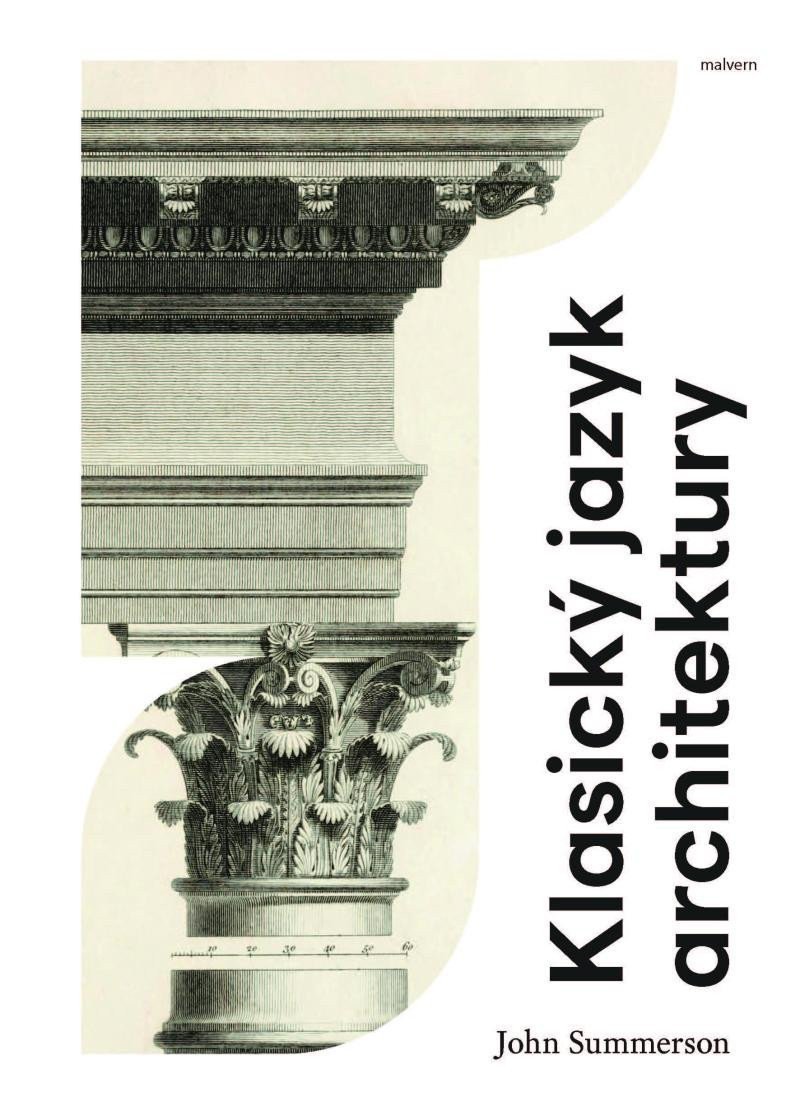Description
Classical architecture is a visual 'language,' and like any other language, it has its grammatical rules. All buildings exhibit an awareness of these rules, even as they vary, violate, or deny them. Christopher Wren described it as the 'Latin' of architecture, and this analogy is almost accurate. The difference, however, is that while learning Latin is slow and difficult, the language of classical architecture is relatively simple. It remains, to a large extent, a way of expressing our urban environment, as classical architecture was the common language of the Western world until relatively recently. Anyone who is strongly moved by architecture has likely already discovered something of its grammar for themselves.
In this book, the author aims to explain the precise grammatical functioning of this architectural language as simply and vividly as possible.
He does not focus so much on its development in Greece and Rome, but rather on its expansion and use in the centuries following the Renaissance. He explains the discipline of 'orders' and the dramatic deviations of the Baroque, and in the final chapter, the relationship between the classical tradition and today's 'modern' architecture.
In this book, the author aims to explain the precise grammatical functioning of this architectural language as simply and vividly as possible.
He does not focus so much on its development in Greece and Rome, but rather on its expansion and use in the centuries following the Renaissance. He explains the discipline of 'orders' and the dramatic deviations of the Baroque, and in the final chapter, the relationship between the classical tradition and today's 'modern' architecture.
Information
Author: Summerson John
Publication date: January 28, 2025
Manufacturer: Mgr. Jakub Hlaváček, Ph.D.
Genres: Architecture, Books, Specialized and technical literature, Art and architecture
Type: Hardcover books
Pages: 160
ISBN/EAN: 9788075305404

